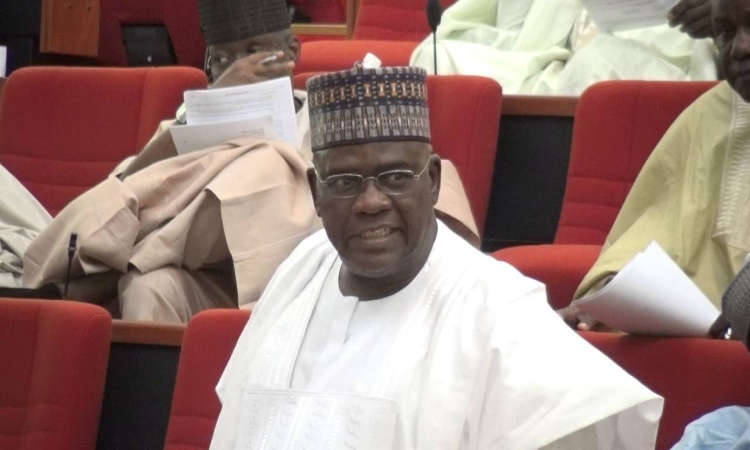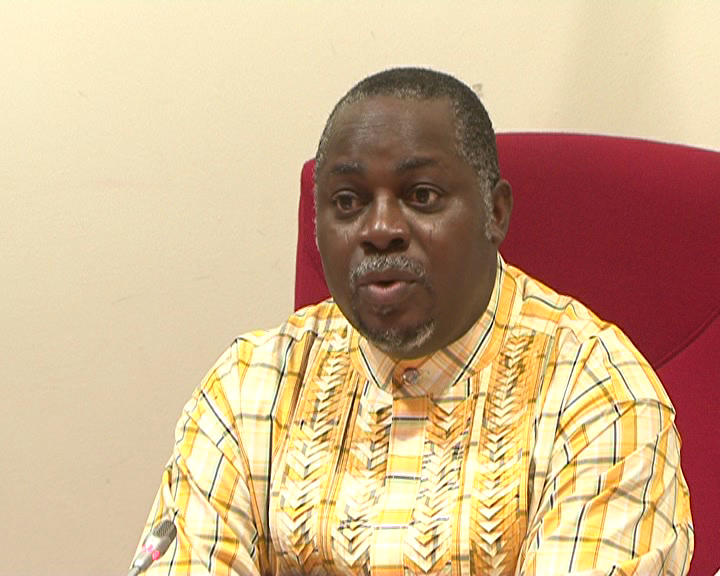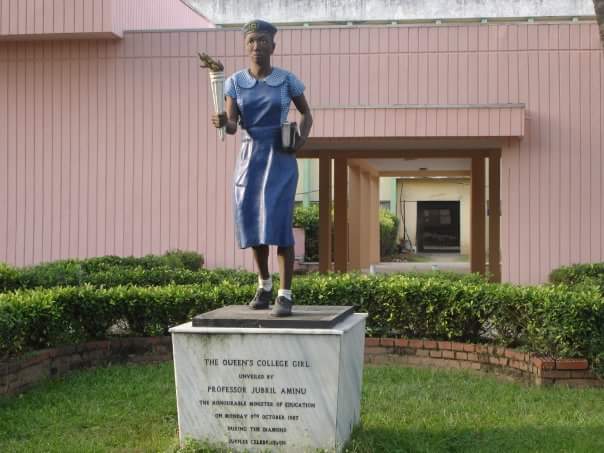Jumoke Oduwole, senior special assistant to the president on industry, trade and investment, and secretary of the Presidential Enabling Business Environment Council (PEBEC), says the government is committed to implementing reforms that will make doing business in the country easy.
In an interview with TheCable, Oduwole said reforms in this regard were already yielding results.
TheCable: One of the focus areas of the 60-day national action plan on ease of doing business is the process of starting a business, what implementable strategies have been devised to eliminate bottlenecks in this regard?
Oduwole: Starting a business is one of the eight reform areas which the PEBEC prioritised over the last 60 days. The other indicators are dealing with construction permits, getting credit, registering property, getting electricity, paying taxes, trading across borders and entry and exit of People. Starting a business is crucial because it is invariably the first step taken by a business owner seeking to formalise his or her idea. The quicker, easier and cheaper it is to start a business, the better it is for MSMEs and the better it is for the economy. The Corporate Affairs Commission (CAC) is the MDA responsible for implementing reforms in this area. As you know, the CAC is under the supervision of the honourable minister of industry, trade and investment, Dr Okechukwu Enelamah, who is the vice chair of PEBEC, and one of the most passionate champions of this administration’s commitment to leaving a legacy of a progressively easier environment for businesses to thrive.
Advertisement
Over the last 60 days, the PEBEC has actually gone well beyond devising strategies to implementing tangible reforms with measurable impact. On Starting a business, PEBEC’s 60-day target was to reduce the number of days it takes to register a business from almost two weeks to just two days. And I am glad to say that CAC has achieved that by making some much-needed changes.
The CAC online portal now has a document upload interface which makes it unnecessary for prospective business owners to visit CAC offices to physically submit the required registration documents. Stamp duties can now be paid for directly on the CAC portal; SMEs no longer need to hire lawyers to process their registration documents, and the CAC has consolidated the several incorporation documents which a business owner previously had to fill into one single form in order to save time and costs. The CAC has also enabled a public search window on its portal to avoid duplication of names or choosing of prohibited names. We are aware of the complaints about the frequent downtime experienced on the CAC portal. The agency is working to fix that problem and ensure that the portal is reliable for its customers as well as engaging the services of a private vendor to host its servers with a commitment of up to 99 percent uptime.
TheCable: What strategy has PEBEC come up with to reduce the cost and constraints of registering property?
Advertisement
Oduwole: The PEBEC is well aware that secured interest and title to lands are crucial to attracting investments. What we have done in this first phase of the plan is to collaborate with the governments of Lagos and Kano states in the areas of registering property and dealing with construction permits. The governors of the two states have always displayed great appetite for reforms and are never wavering in their support for the enabling business environment secretariat (EBES), which I coordinate. Lagos state committed to eliminate unnecessary procedures in the property registration process and to reduce the number of days it takes to register property from 77 to 30 days.
They have eliminated the requirement for sworn affidavit as a procedure for conducting title search at the Lagos land registry. The lands registry and service centre is being reconstructed and the governor has said he intends to commission it by May 1. There are some targets the Lagos government committed to which haven’t been met yet like the reduction in time needed to get governor’s consent and the consolidation of payments. It is a work in progress, and I am confident that they will be achieved soon.
TheCable: Power is a major resource for businesses, and it accounts largely for the collapse of many SMEs. Has PEBEC looked into this challenge?
Oduwole: Nigeria’s power challenges are well documented and the federal government is keenly aware of the link between stable power supply and an easier business environment. The administration is serious about solving the power situation through solutions that would provide incremental power. The honourable minister of power, works and housing, Babatunde Fashola, is a member of the council, and is currently at the World Bank Group spring meetings along with the honourable minister of finance working on these very issues. What PEBEC has focused on, through the ministry of power, NERC and the DisCos in the last 60 days on the ‘Getting Electricity’ indicator is to streamline procedures and improve timelines for getting connected to the grid. NERC has issued a draft order reducing the number of procedures for new connections to the grid from nine to five and the timeline for new connections to the grid from 198 days to 61 days.
Advertisement
TheCable: Even if implementable strategies on ease of doing business have been worked out, how does the government intend to make its agencies tap into them? Indubitably, the civil service has been a constricting factor to doing business in Nigeria.
Oduwole: The federal government realises the importance of civil service reforms to good governance and good public service delivery. The head of the civil service of the federation is also a member of PEBEC and she understands the central place civil servants play as the implementers of government reforms. As far as the council is concerned, we continue to put the MDAs on their toes. You may recall the spot visit last month of the vice president, his excellency, Vice President Yemi Osinbajo, to the Lagos Airport to inspect the state of facilities. None of us can afford to take our feet off the pedal, not the government and definitely not the civil servants. At council meetings, members celebrate MDAs performing creditably and caution those who are not.
TheCable: How soon will Nigerians begin to see results of the action plan?
Oduwole: Nigerians are already seeing the effects of our reforms. It is a gradual process, and some reforms have more immediate impact than others. However, reforms around starting a business are already being felt as I mentioned earlier. Those who travel through our airports now use the consolidated arrival and departure forms introduced by the immigration service. We have had several businesses and tourist visitors make use of the visa-on-arrival procedure. The Abuja airport just reopened this week after six weeks, and in addition to the repairs on the runaway, select infrastructural improvements took place with repairs of elevators, carousels, ACs, among others to ensure an improved traveller experience. On trading across borders, PEBEC set a target to reduce import and export times by up to 50 percent. Now, goods coming into the country are now required to be arranged in pallets to ensure quicker physical examination; vessels importing into the country are required to send their cargo manifest in advance to ensure optimal cargo placement; Approval has been obtained to reduce number of documents required for imports and exports due to the realisation that there are far more documentation requirements at our ports than at those of most of our peers.
Advertisement
TheCable: Nigeria is currently ranked 169 out of 190 economies on the ease of doing business rating by the World Bank, how soon do you think the country can go a notch up on the table?
Oduwole: For the World Bank Doing Business Rankings, we set a target for ourselves to move up at least 20 places by the time the next rankings are released in October this year. This would at least take us up to the African average. The target is that by 2019, we would have broken into the top 100. Rankings are crucial because of the weight they carry with investors and we all know at this point Nigeria needs all the investments we can get. However, we have also said more than anything else that the most important feedback for PEBEC is the testimonials of Nigerian business owners whenever a bottleneck that has hindered their businesses is taken out of the way.
Advertisement
TheCable: What are your thoughts on Nigeria’s present economic challenges?
Oduwole: With the implementation of the economic recovery and growth plan, Nigeria is poised to come out of recession this year, once we are all pulling in the same direction. It will take a collaborative effort and the work of PEBEC is centered on improving Nigeria’s economic competitiveness.
Advertisement







